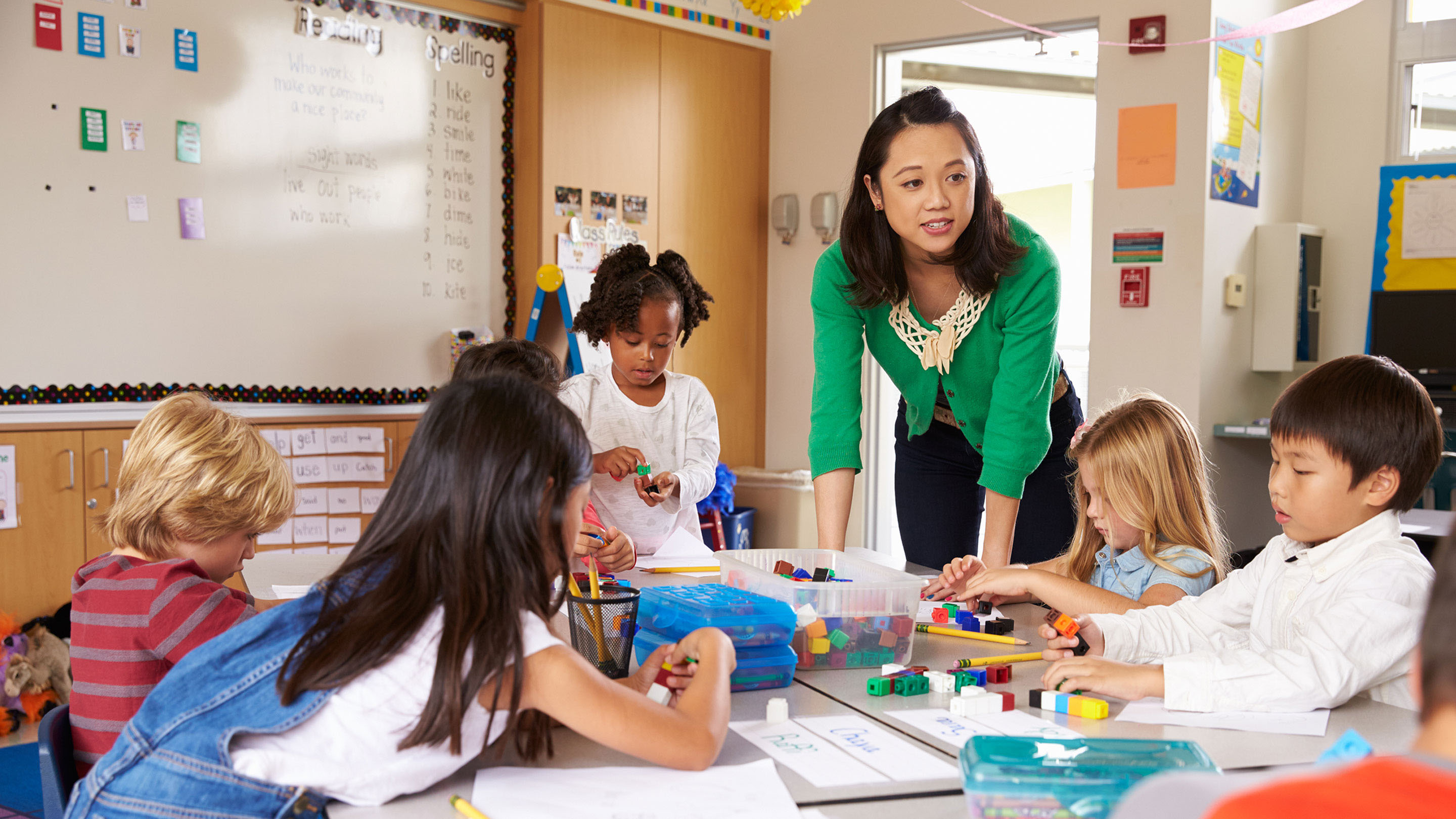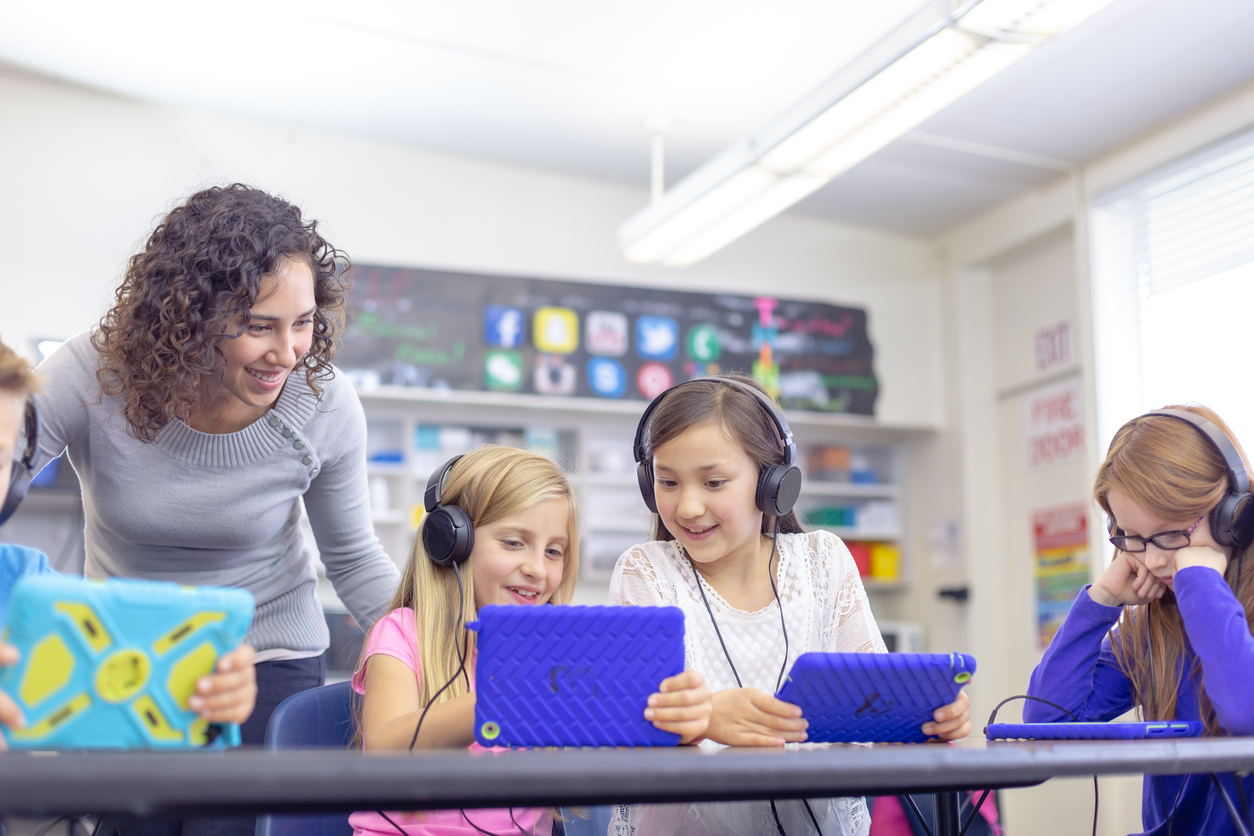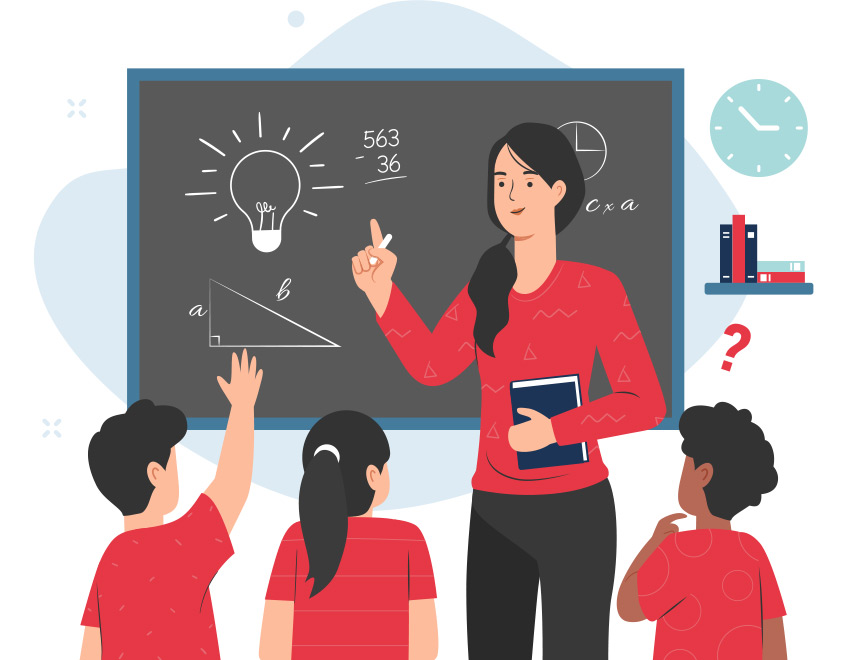The Best Primary Science Tuition Singapore for Effective Learning Methods
The Best Primary Science Tuition Singapore for Effective Learning Methods
Blog Article
Checking Out the Different Teaching Approaches in Main Science Education And Learning Today
The landscape of primary scientific research education and learning is advancing, with numerous mentor techniques gaining prominence in modern class. Inquiry-based discovering, hands-on experiments, and the combination of innovation are redefining how educators involve young minds. Additionally, collaborative approaches and differentiated guideline are being utilized to accommodate the diverse requirements of students, improving both interaction and understanding. As we analyze these approaches, questions develop concerning their effectiveness and the effects for future academic techniques. What might these shifts in technique mean for the following generation of learners?
Inquiry-Based Knowing
Inquiry-Based Knowing (IBL) is an instructional method that motivates students to explore scientific ideas with doubting, investigation, and hands-on experimentation. This technique stresses the duty of students as active participants in their discovering, advertising vital reasoning and problem-solving abilities. By involving with real-world questions, trainees become determined and interested, which boosts their understanding of scientific principles.
In IBL, instructors function as facilitators, directing pupils as they browse their inquiries rather than delivering info straight. This student-centered technique permits distinction, fitting numerous learning rates and styles. Pupils create abilities in creating theories, making experiments, and analyzing data, which are essential for scientific literacy.
Additionally, IBL fosters partnership amongst trainees, motivating them to share searchings for and concepts. This collective inquiry advertises social abilities and a feeling of neighborhood within the classroom. The process of inquiry encourages strength, as trainees learn to welcome failure as a tipping rock toward understanding.
Hands-On Experiments
Hands-on experiments are an important component of reliable science education, enhancing the principles of inquiry-based learning. These experiments allow pupils to engage straight with scientific principles, promoting a much deeper understanding via experiential understanding. By manipulating products and observing outcomes, young learners can understand abstract concepts in tangible methods.
Such tasks promote crucial reasoning and problem-solving skills, as students hypothesize end results, conduct experiments, and evaluate results. This process motivates them to ask inquiries, refine their understanding, and create a scientific state of mind. Furthermore, hands-on experiments can be tailored to diverse discovering styles, ensuring that all students have the possibility to involve meaningfully with the content.
In addition, hands-on experiments typically encourage partnership among peers, advertising synergy and communication skills. Operating in teams makes it possible for students to share concepts, review searchings for, and gain from each other, which boosts their total instructional experience.
Including hands-on experiments into the main science curriculum not only improves the learning environment but also cultivates a lifelong rate of interest in science. By actively taking part in their education and learning, pupils are more probable to establish an interest for clinical query that prolongs beyond the classroom.

Modern Technology Assimilation
Integrating technology right into key science education and learning has actually ended up being progressively vital in promoting trainee interaction and enhancing learning end results. Making use of electronic tools, such as interactive simulations, online laboratories, and educational software, offers trainees with possibilities to check out scientific concepts in cutting-edge means. These sources assist in a deeper understanding of intricate subjects by permitting learners to visualize and adjust variables that would certainly be impractical in a traditional class setup.
In addition, modern technology combination encourages individualized discovering experiences. Trainees can proceed at their own pace, taking another look at tough concepts via multimedia resources, which deal with various knowing designs. This versatility not just supports individual development yet likewise grows a sense of autonomy in learners.
In addition, modern technology serves as a bridge to real-world science, linking pupils with present research and specialist contributions. Accessibility to clinical webpage journals and online databases widens students' viewpoints on scientific query and cultivates essential believing abilities.
Collaborative Knowing
Collective understanding plays an important duty in key science education by promoting synergy and address communication skills among trainees. This approach encourages learners to interact, share knowledge, and involve in analytic, which boosts their understanding of clinical principles. By taking part in group activities, trainees discover to verbalize their concepts, pay attention to diverse perspectives, and discuss options, every one of which are important abilities in both real-world and scholastic contexts.

Research study shows that collaborative understanding can bring about raised motivation and interaction in scientific research subjects, as pupils discover satisfaction in shared experiences (primary science tuition Singapore). Furthermore, this approach prepares trainees for future joint endeavors, furnishing them with the abilities necessary for efficient synergy in college and specialist settings. Eventually, welcoming collaborative knowing in main scientific research education can dramatically enrich the discovering experience and advertise a much deeper understanding of clinical inquiry
Separated Guideline

Set apart guideline can show up in numerous methods, such as varying the content, procedures, or products of discovering. As an example, instructors may utilize tiered projects that offer varying levels of intricacy, allowing pupils to operate at their particular readiness levels. Furthermore, flexible organizing methods can promote cooperation amongst students with various capabilities, fostering peer discovering.
Evaluation plays an important function in this approach, as it educates guideline and aids educators recognize each trainee's one-of-a-kind requirements. Developmental evaluations, such as quizzes and observations, can assist instructors in adjusting their methods to enhance finding out outcomes. primary science tuition Singapore. Ultimately, by implementing differentiated direction in primary science education and learning, instructors can grow a more efficient and fair knowing setting, empowering all students to reach their full possibility in understanding scientific sensations
Final Thought
In recap, the diverse teaching techniques in key science education and learning, go to this site including inquiry-based discovering, hands-on experiments, modern technology combination, joint knowing, and differentiated direction, jointly add to an extra reliable discovering setting. These methods promote vital thinking, analytic skills, and a deeper comprehension of scientific concepts. By executing these strategies, teachers can produce helpful and appealing classrooms that address the varied demands of trainees, inevitably promoting a lifelong rate of interest in science and enhancing scholastic accomplishment.
Inquiry-Based Discovering (IBL) is a pedagogical method that encourages students to check out scientific concepts via wondering about, examination, and hands-on trial and error.Joint discovering plays a crucial role in key scientific research education and learning by promoting teamwork and interaction skills among students.Research suggests that joint discovering can lead to enhanced inspiration and interaction in science topics, as students locate satisfaction in shared experiences.In fostering a comprehensive discovering environment, differentiated guideline arises as a key method to accommodate the varied needs and abilities of trainees in primary scientific research education. Eventually, by carrying out distinguished guideline in primary scientific research education, teachers can cultivate a more effective and fair discovering environment, encouraging all students to reach their complete possibility in comprehending clinical phenomena.
Report this page